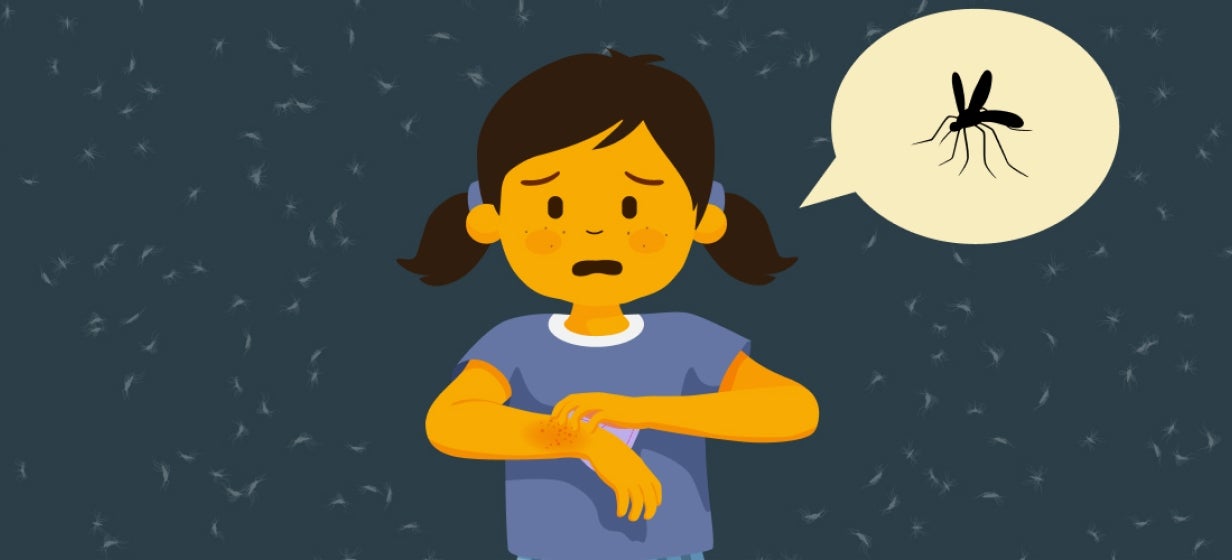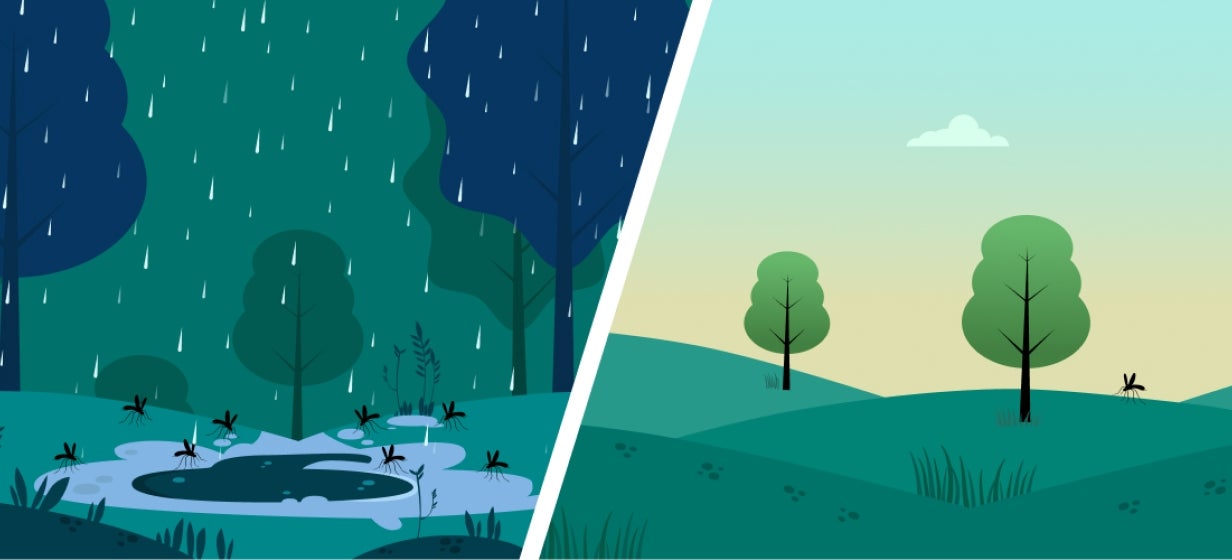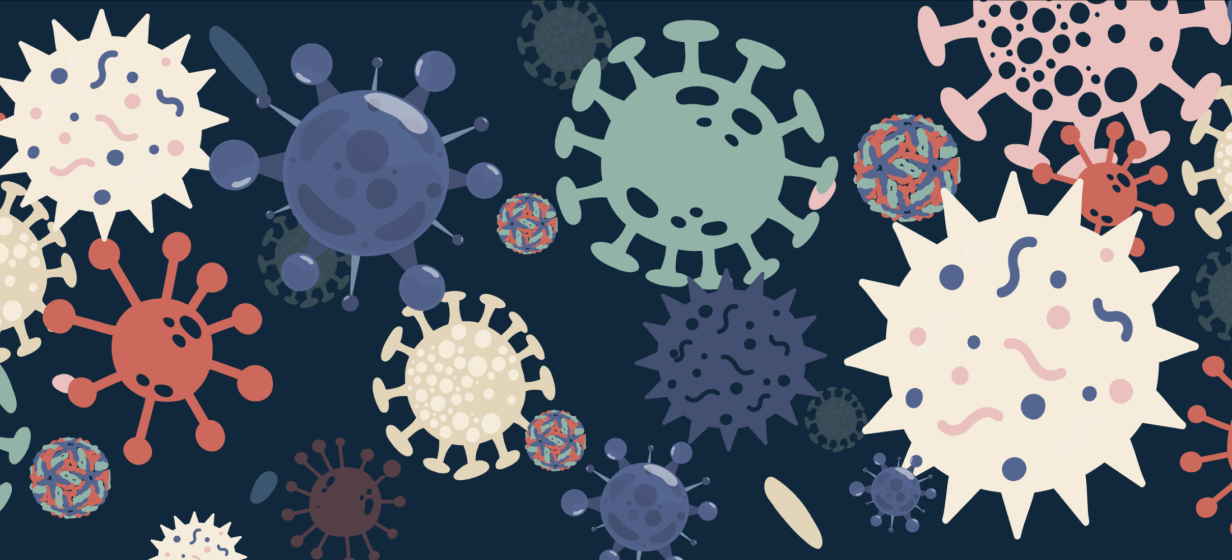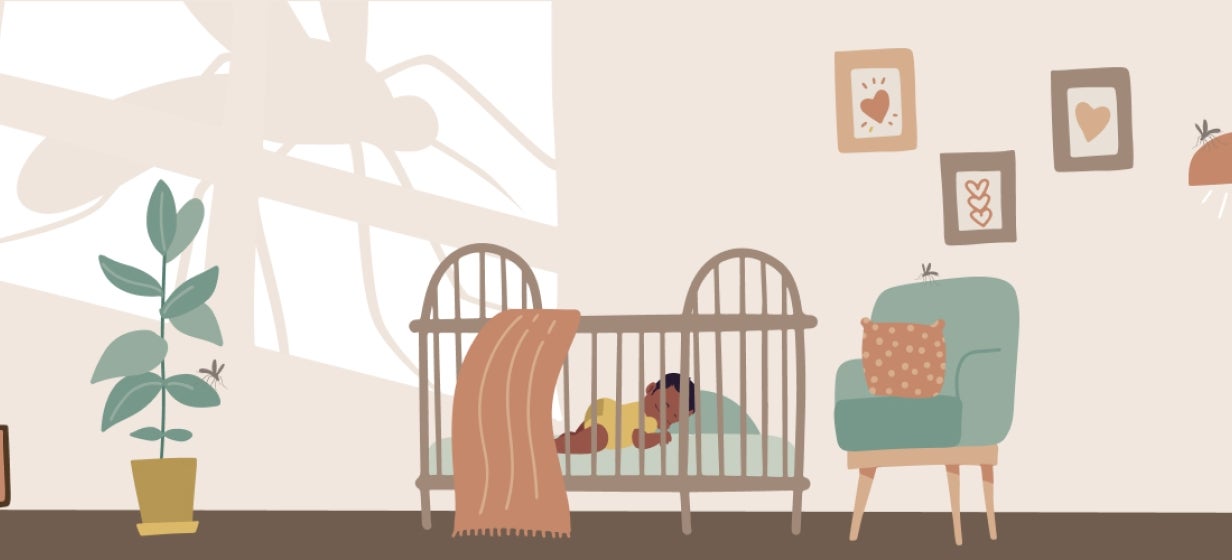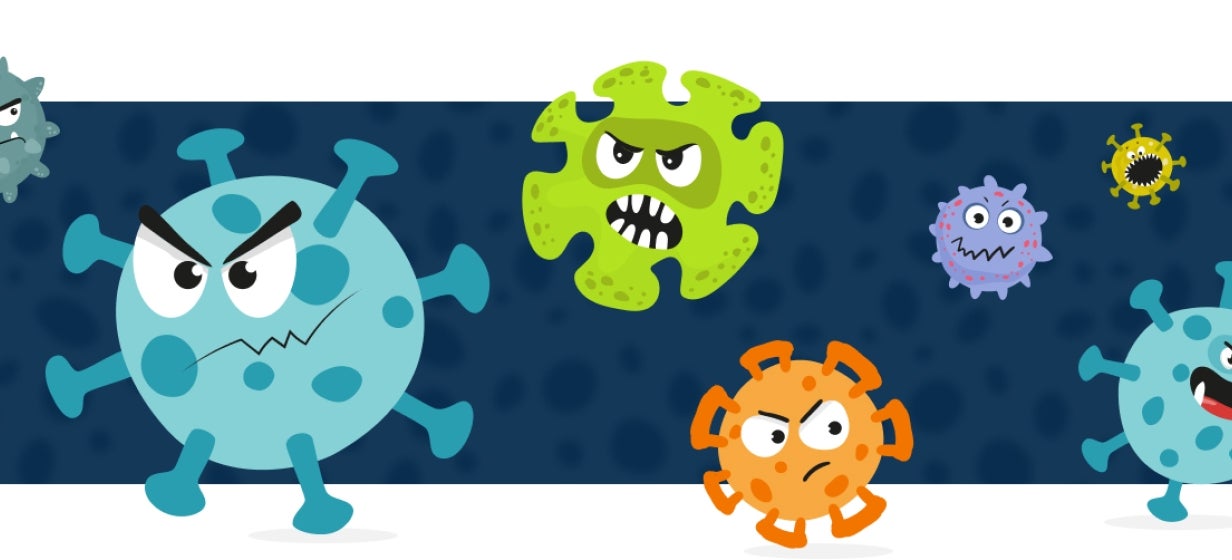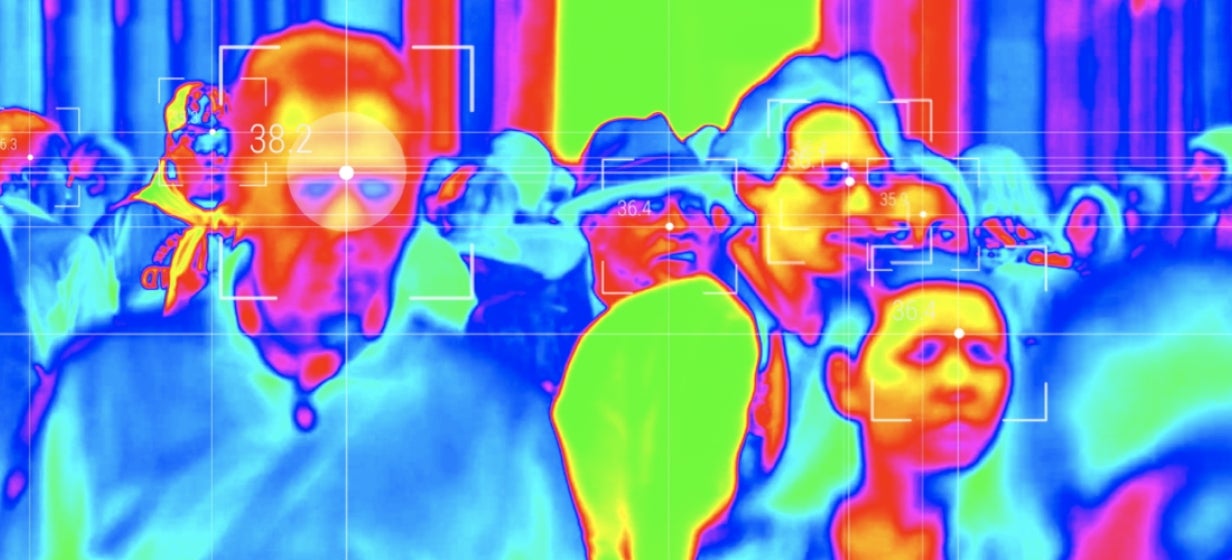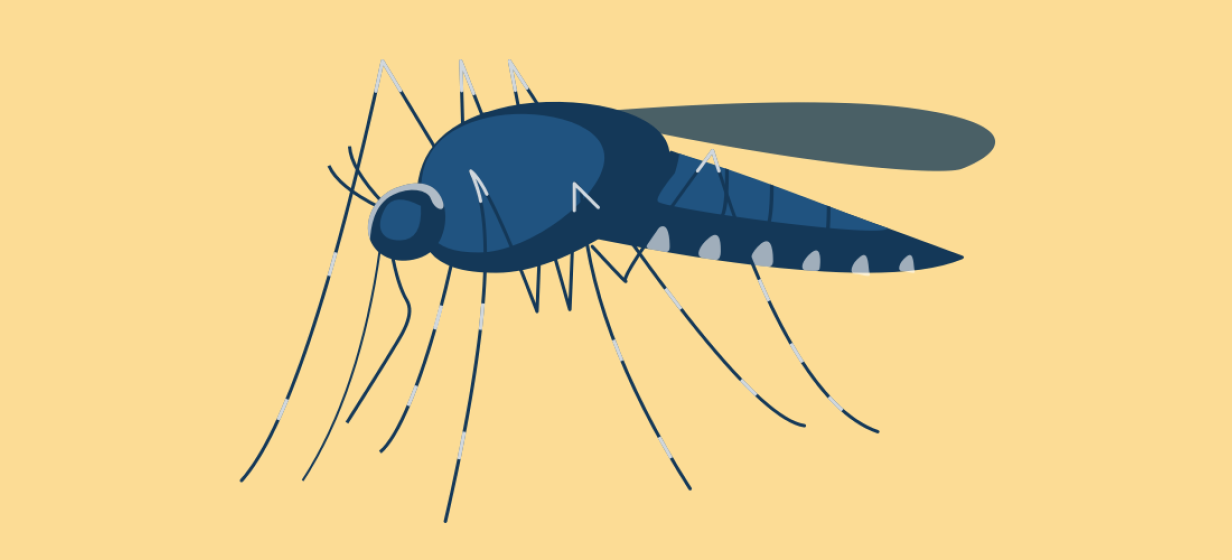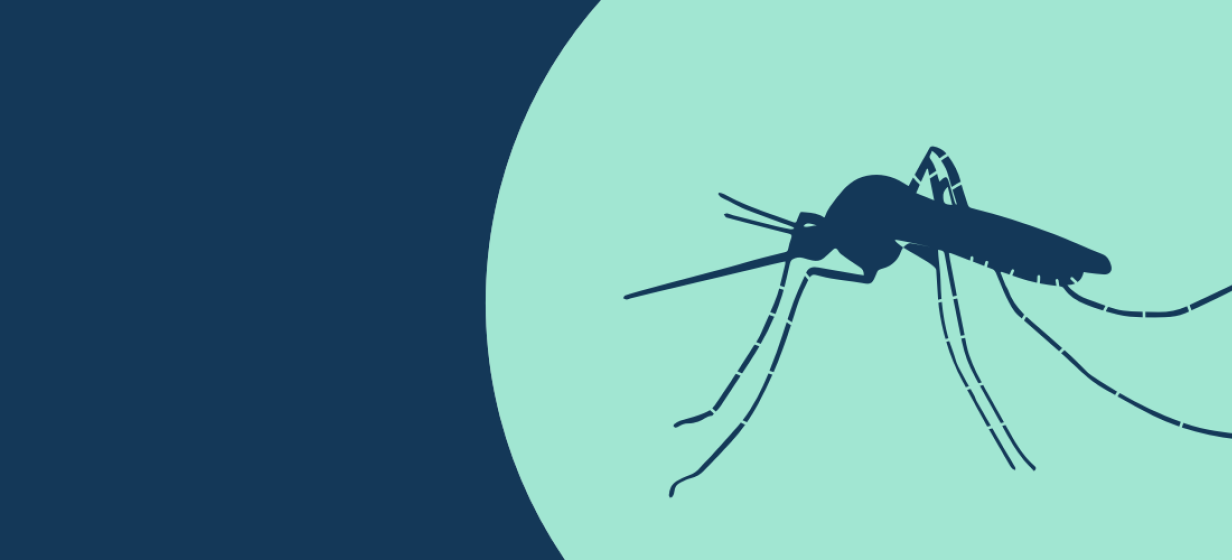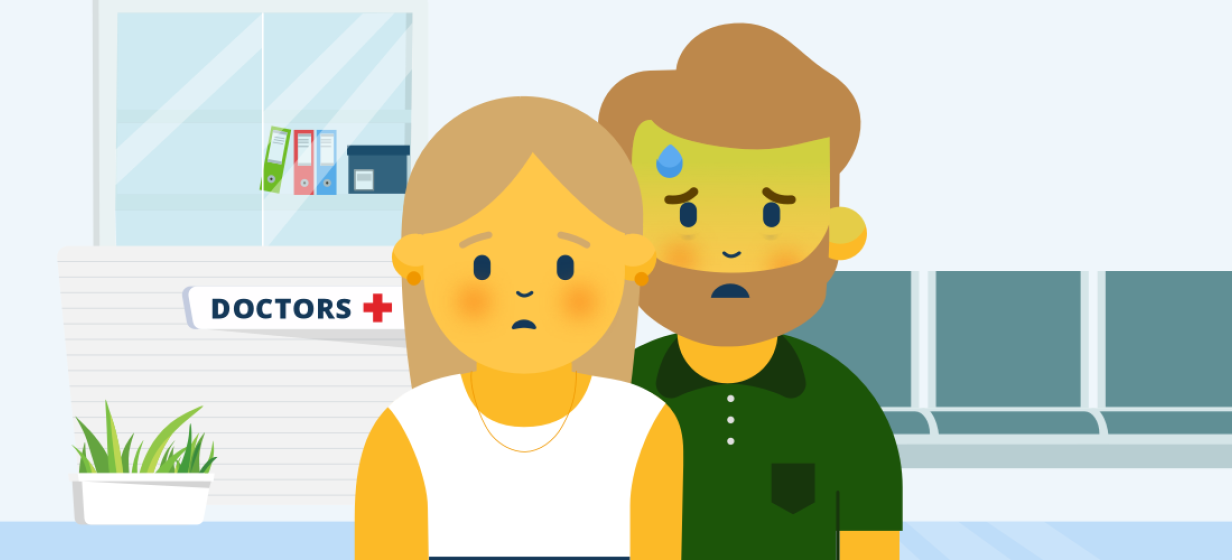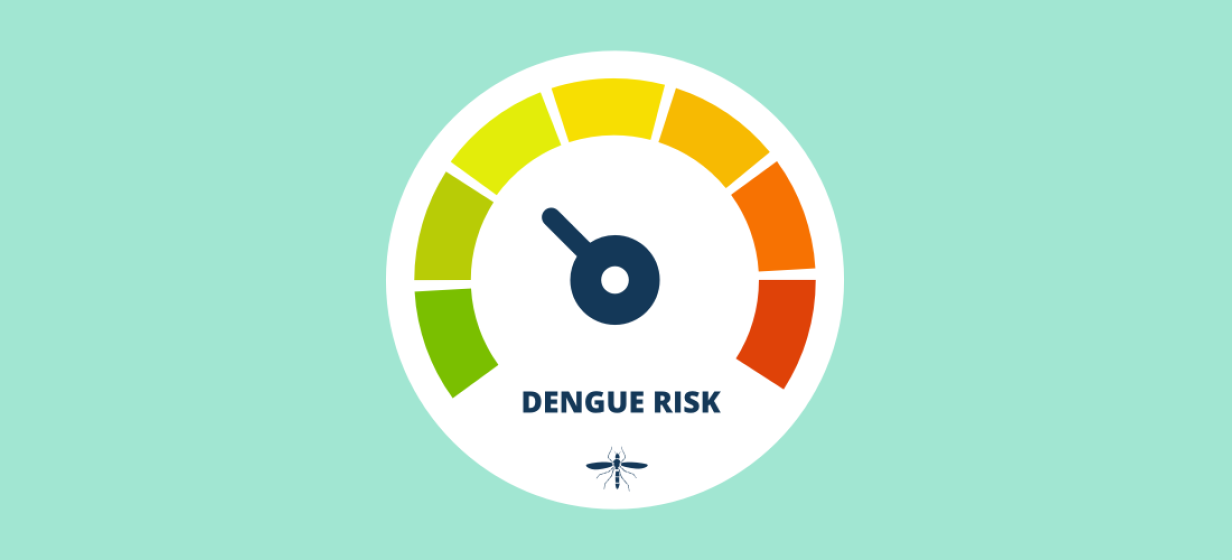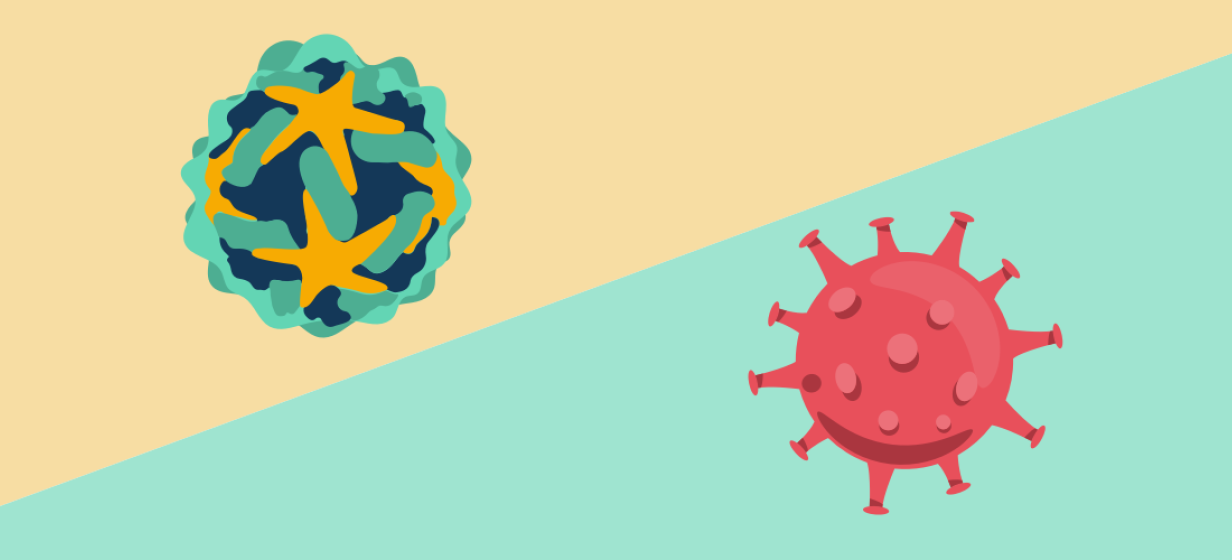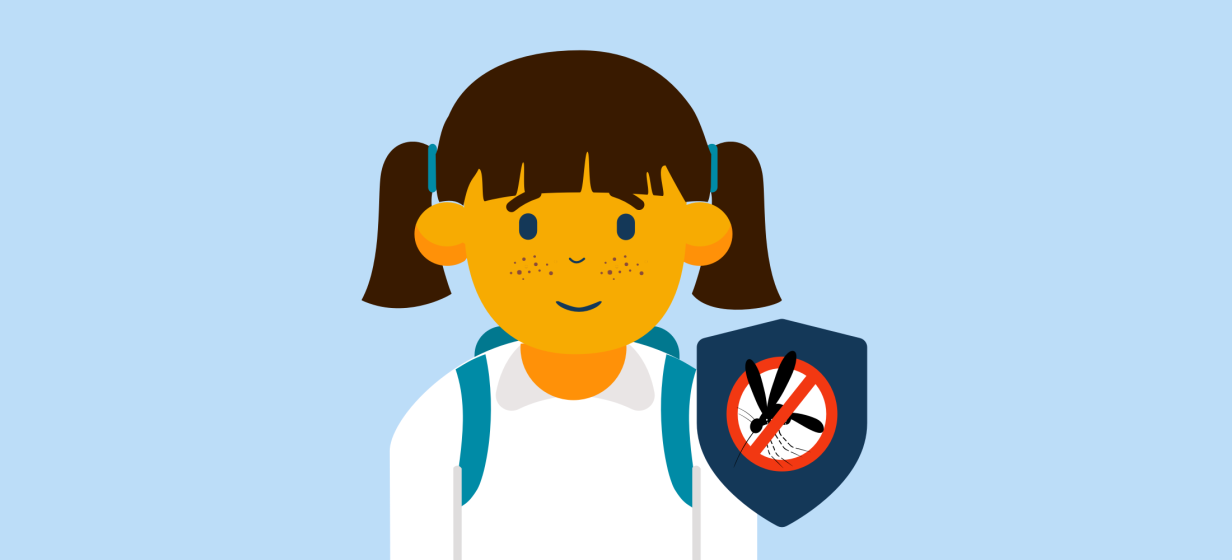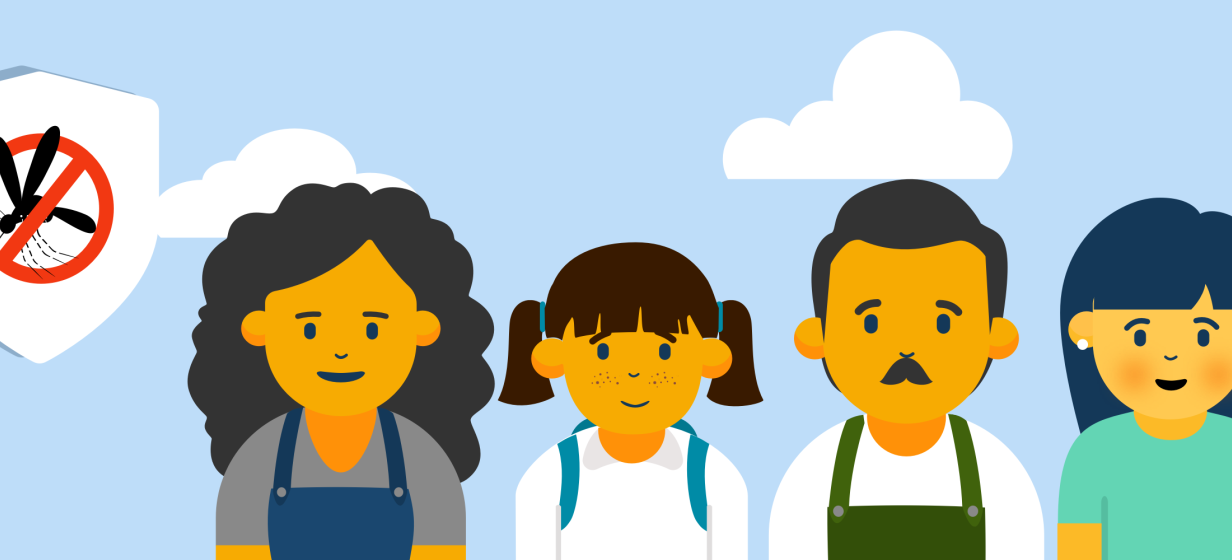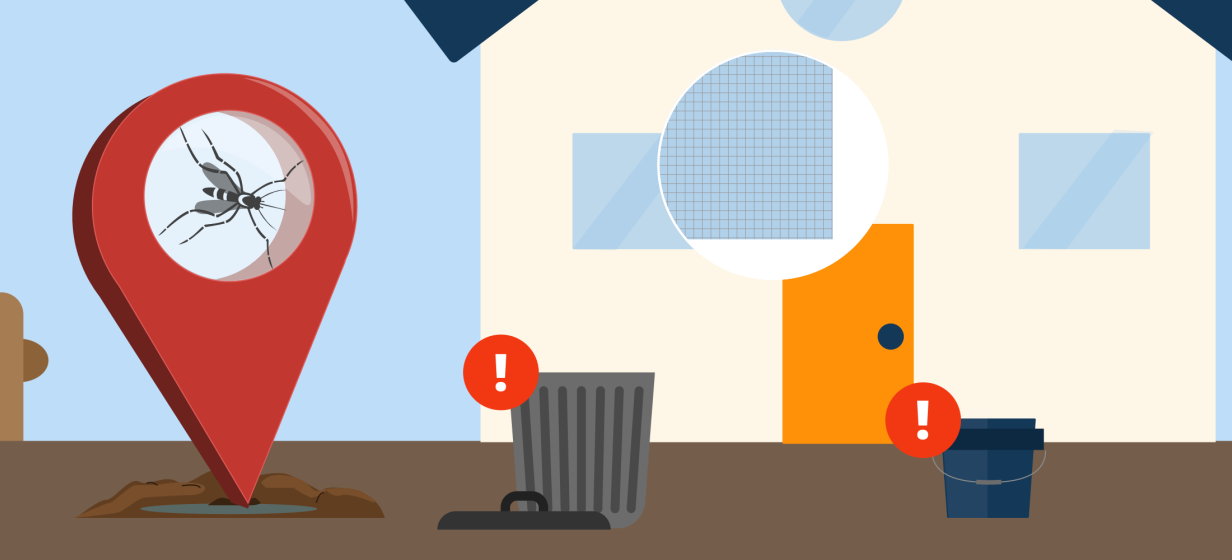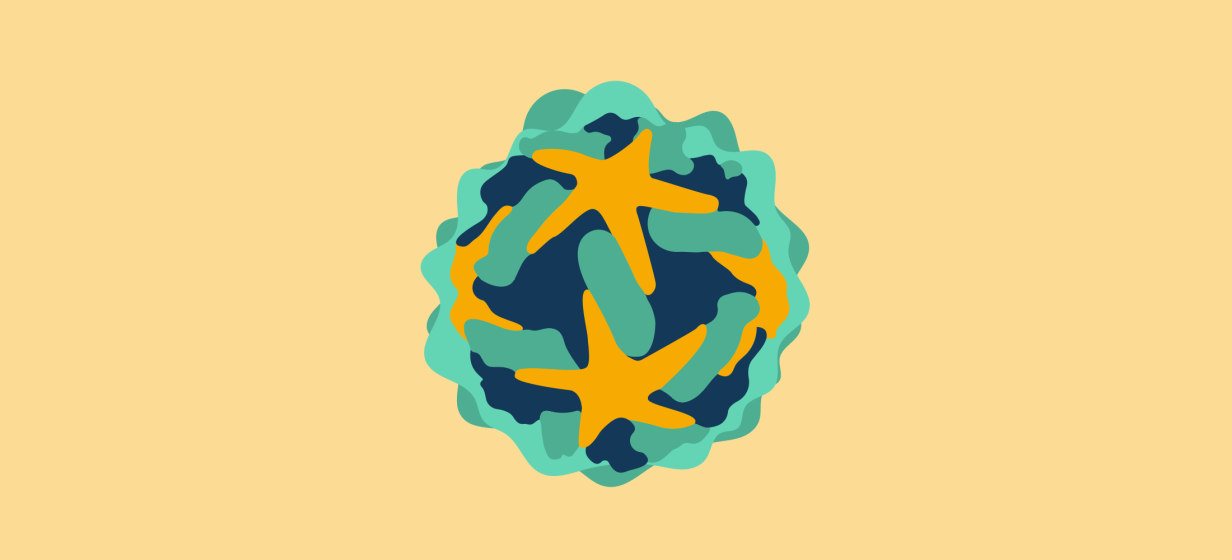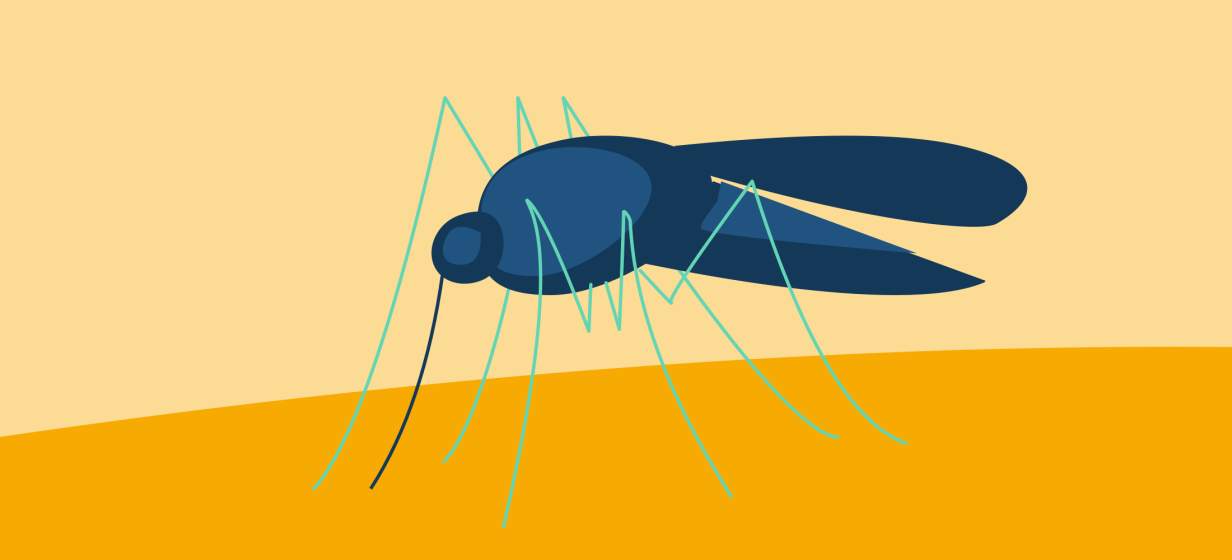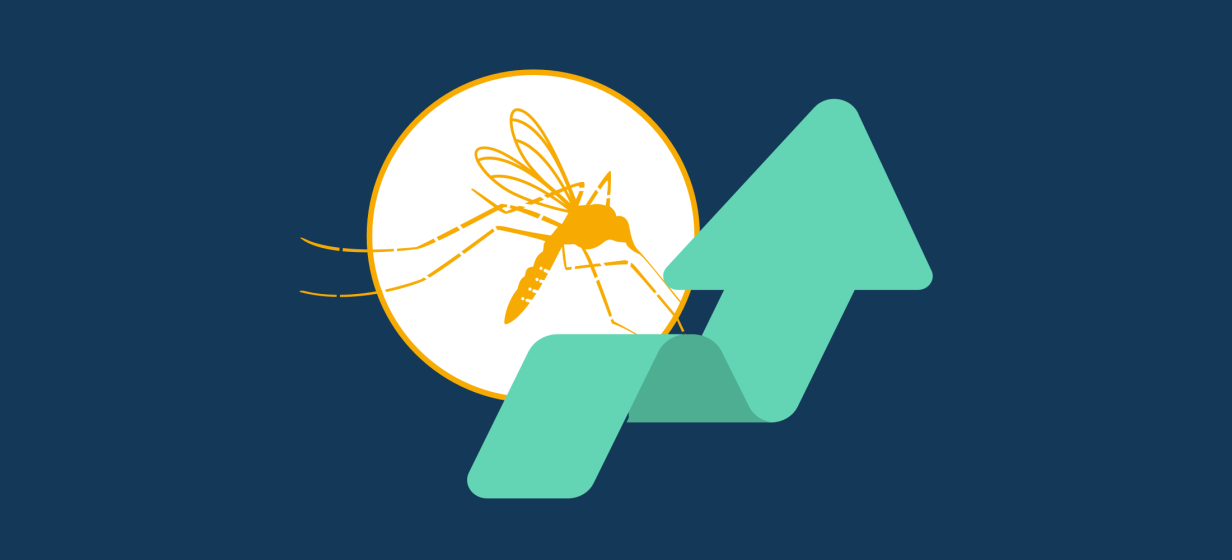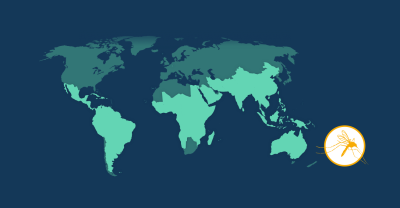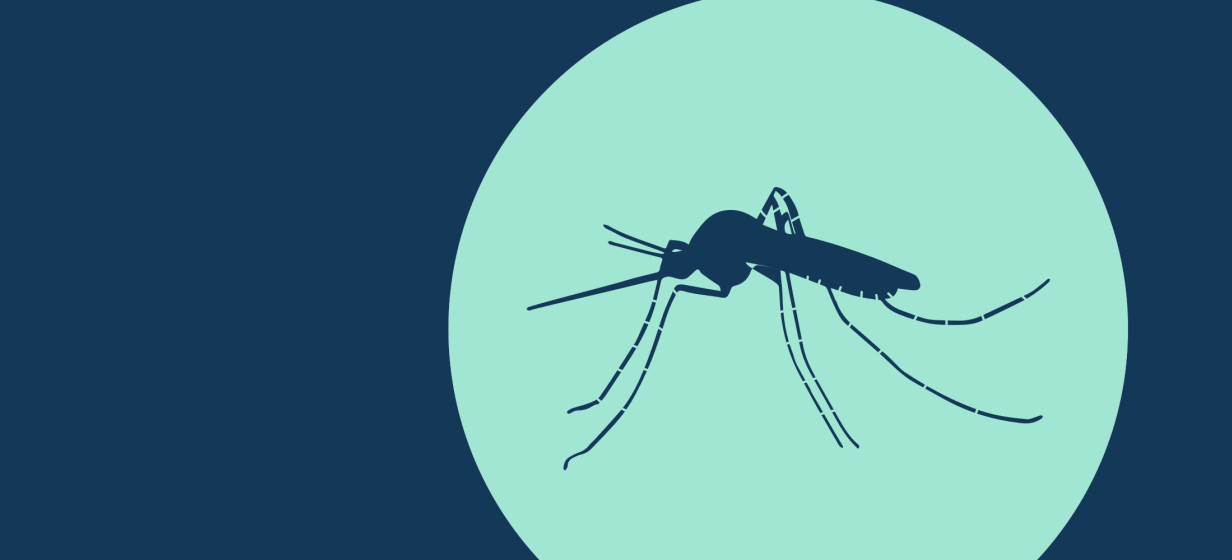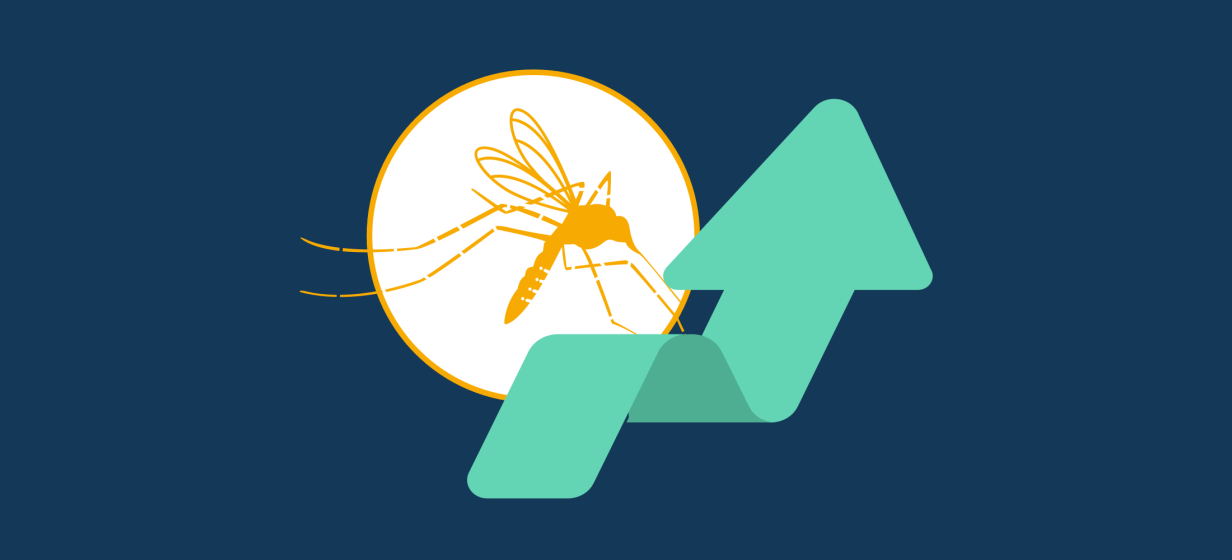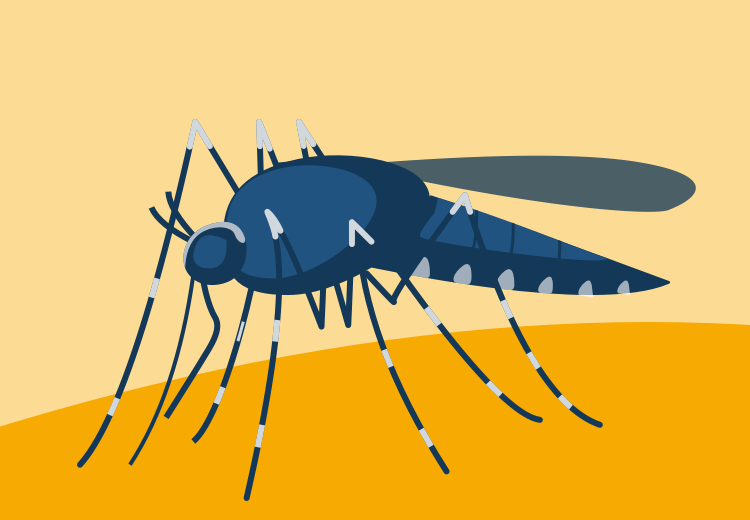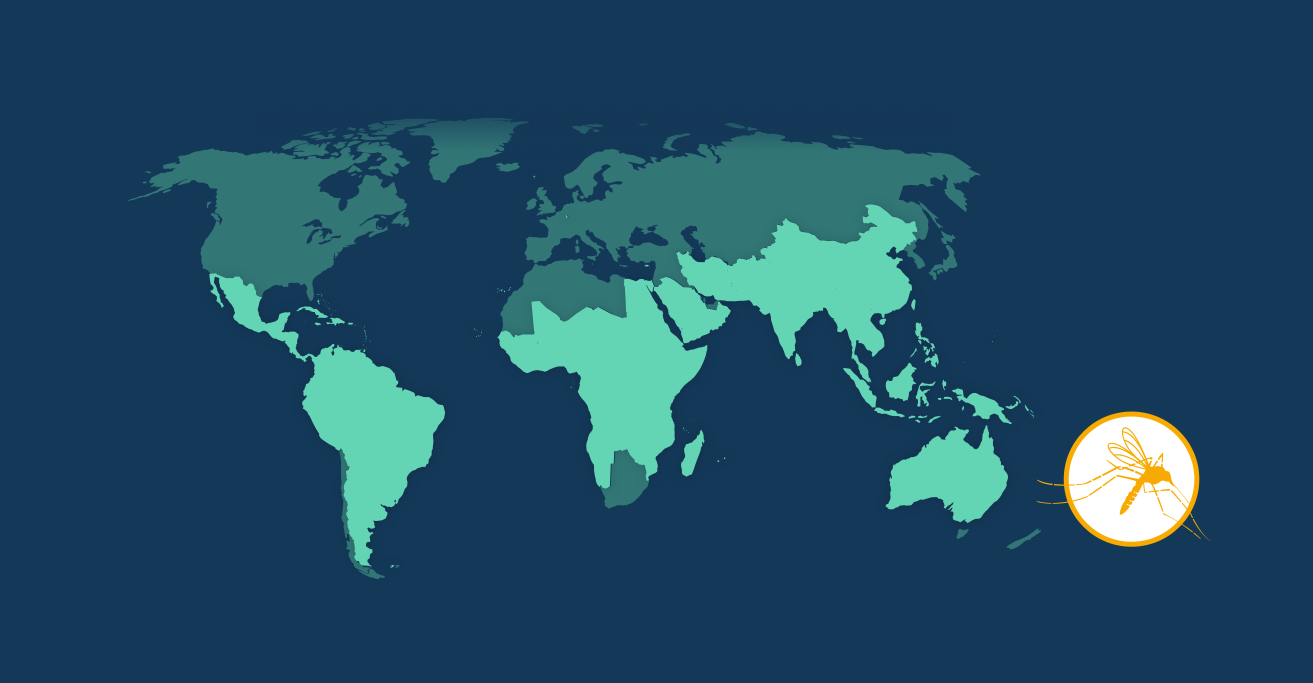Dengue can produce a wide range of symptoms
If you have been bitten by a mosquito in an area affected by dengue, you could be at risk of becoming infected with the dengue virus.1 Although you can become seriously ill with dengue, many people will show mild or no symptoms, and some people can be infected without ever realizing it.5 Symptoms can range from a mild fever to a flu-like illness and can occasionally lead to life-threatening organ impairment, severe bleeding, and in rare cases, death.5
What about severe dengue?
Once infected with the dengue virus, those individuals who experience dengue related symptoms may progress with further complications. Approximately 1 in 202 may develop more severe symptoms, called severe dengue.7 In some cases, the infection can cause fluid to leak out of blood vessels and enter other parts of the body. This can lead to issues, such as a build up fluid in the lungs and difficulty breathing.7 The infection can also cause severe bleeding, for example, from the gastrointestinal system, lungs, gums and under the skin. In extreme cases, people can lose so much blood that they develop a life-threatening condition known as shock.7,11
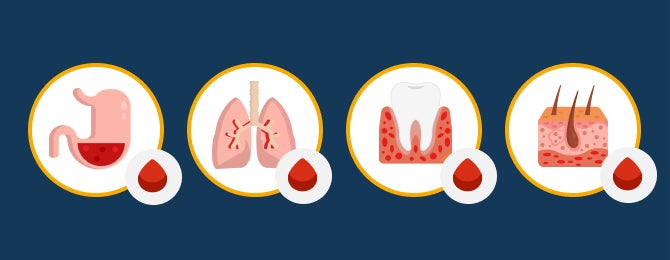
Why do some people get severe dengue and others get only mild symptoms?
The reason some people react in this way and others show mild symptoms is not fully understood, but scientists believe severe disease is linked to a more aggressive reaction from our immune system.4,9,11
One theory is that, in some people who get dengue a second time, the immune system recognizes the virus but does not kill this different dengue strain as effectively. There is evidence to suggest that the immune system actually helps the virus enter our cells during secondary infections, triggering a more intense immune response and more severe symptoms.8 This theory for the mechanism of severe dengue is called ‘antibody-dependent enhancement’, in which the dengue virus joins with antibodies, allowing it to enter more immune cells and increase virus production.3
Unfortunately, at the moment there is no way to predict who will progress to severe dengue once infected.10 However, researchers are actively working to create markers that would help predict disease progression.14,16
What do we know about disease progression?
Research shows that, some people who live in endemic areas are at higher risk of getting severe dengue than the general population, including:12,15
| Children | |
| Pregnant females | |
| Those who have been infected with dengue before | |
| Those suffering from concurrent illness | |
During a dengue infection, the WHO has identified some symptoms which may be seen as ‘warning signs’ for progressing to severe dengue, these include:5
| Severe stomach pain | |
| Persistent vomiting | |
| Rapid breathing | |
| Bleeding gums or nose | |
| Fatigue or tiredness | |
| Restlessness | |
| Enlarged liver |
| Blood in vomit or stool | |
Symptoms of dengue can develop suddenly and any person who is experiencing any of these should seek immediate medical attention.5
How serious can dengue be?
Severe dengue has become a leading cause of hospitalization and death among children and adults in many countries across the world.5 In fact, severe dengue causes an estimated 500,000 hospitalizations worldwide every year.13 If untreated, mortality rates can be as high as 1 in 5.7 Although there is no specific treatment, early detection of disease progression and access to proper medical care can lower fatality rates to below 1%.5,7 However, even after recovery, the impact on an individual’s quality of life can be significant in some cases.6

If you are worried about dengue fever or severe dengue, please consult a healthcare professional as soon as possible.

















